083 CD / Leoš Janáček. Friedrich Smetana. Piano Trios
Description
"It's common knowledge among Janácekians (Janácekers?) that the First String Quartet began life as a piano trio, most of which was either lost or destroyed. (...) Anyone who loves this composer will certainly want to hear it, and the Abegg Trio plays with the kind of commitment and passion that the music requires. (...) This fascinating experiment makes a fine foil to a similarly excellent performance of Smetana's strangely neglected single work in the trio medium. The Abegg manages to differentiate the tempos and emotional nuances of the first two movements (otherwise so similar) with notable success, and the Presto finale has an athletic vigor that comes from elasticity of rhythm and supple phrasing rather than mere speed. As usual, Tacet's sonics are gorgeous. Definitely worth a listen." (classics today)
4 reviews for 083 CD / Leoš Janáček. Friedrich Smetana. Piano Trios
You must be logged in to post a review.
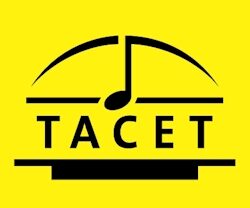
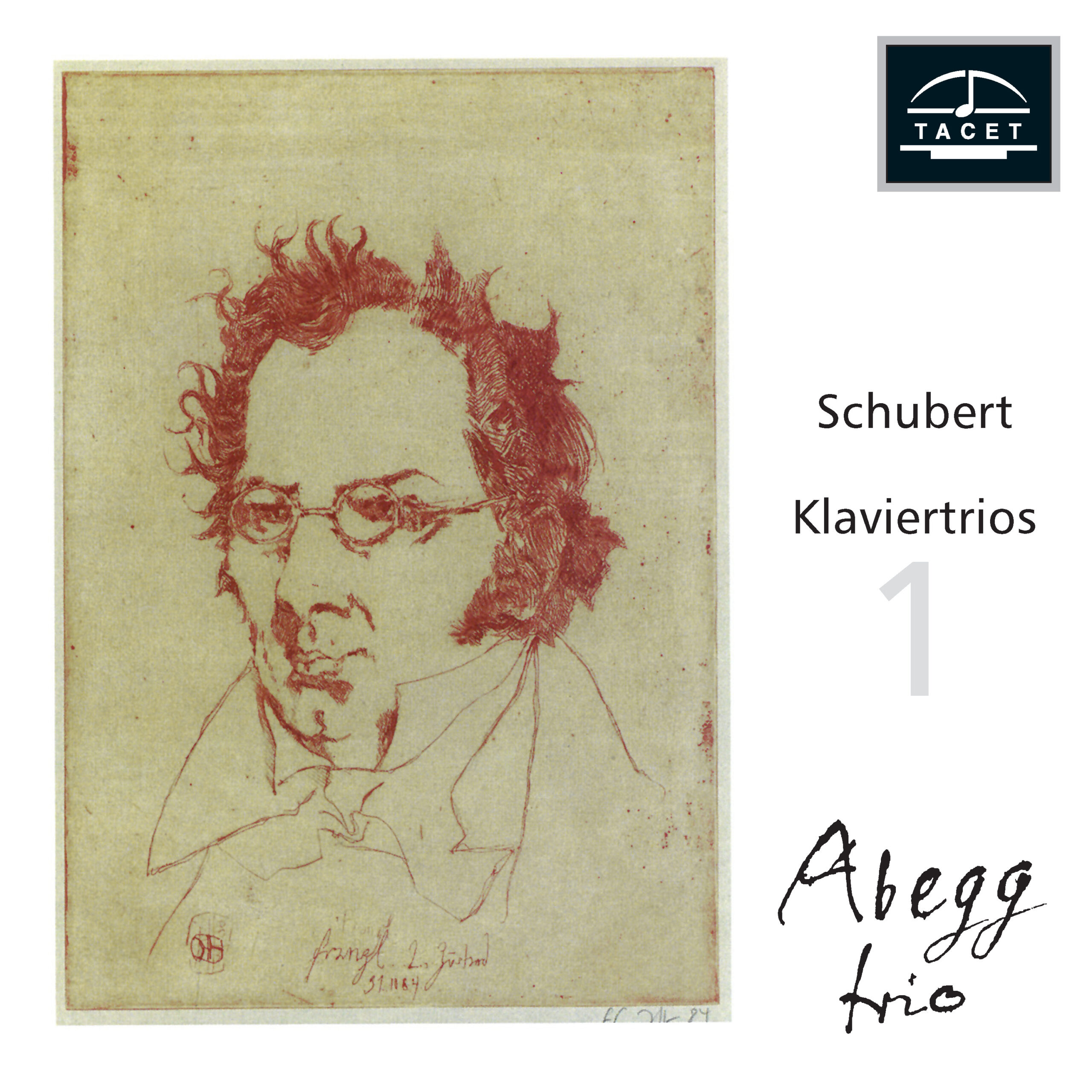
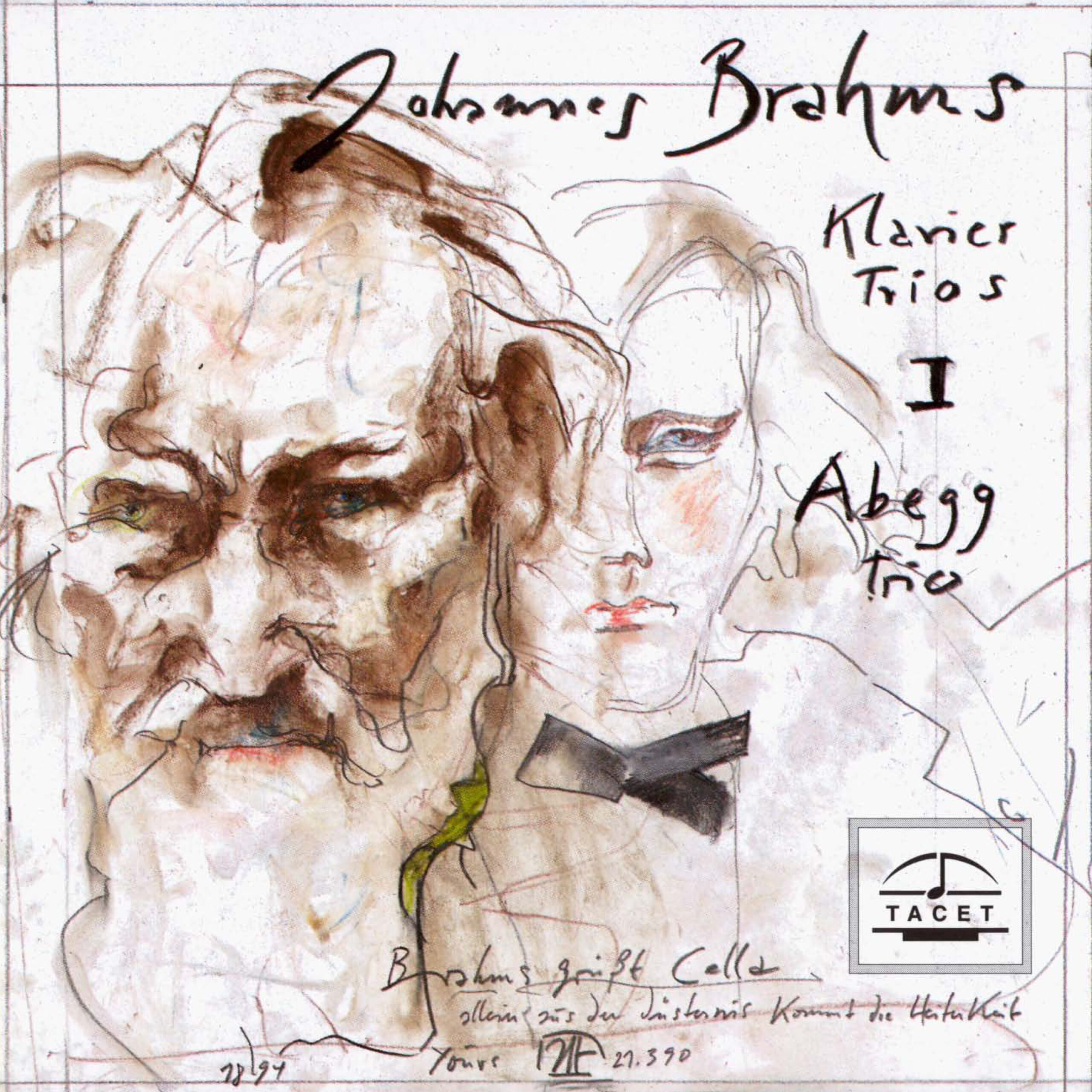
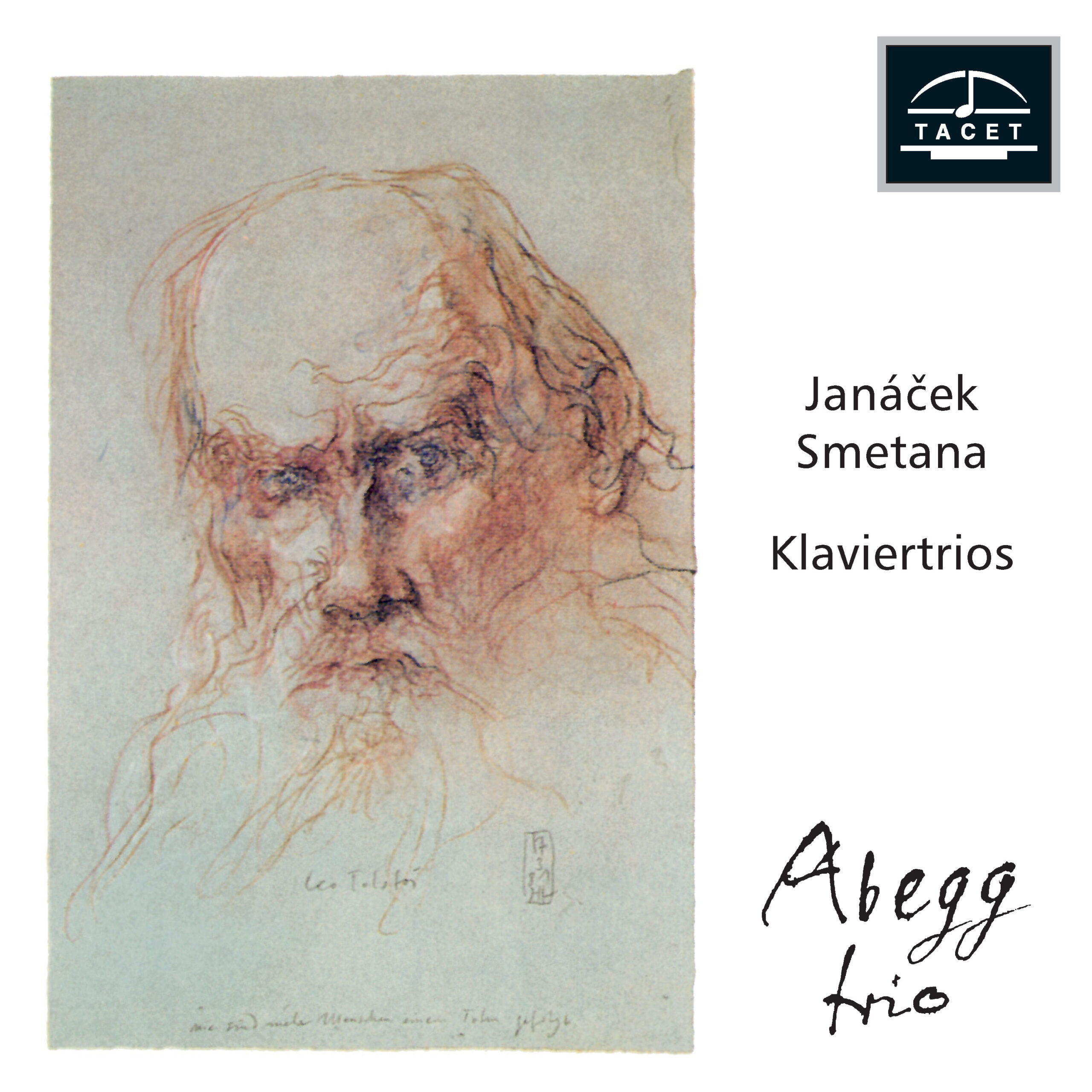
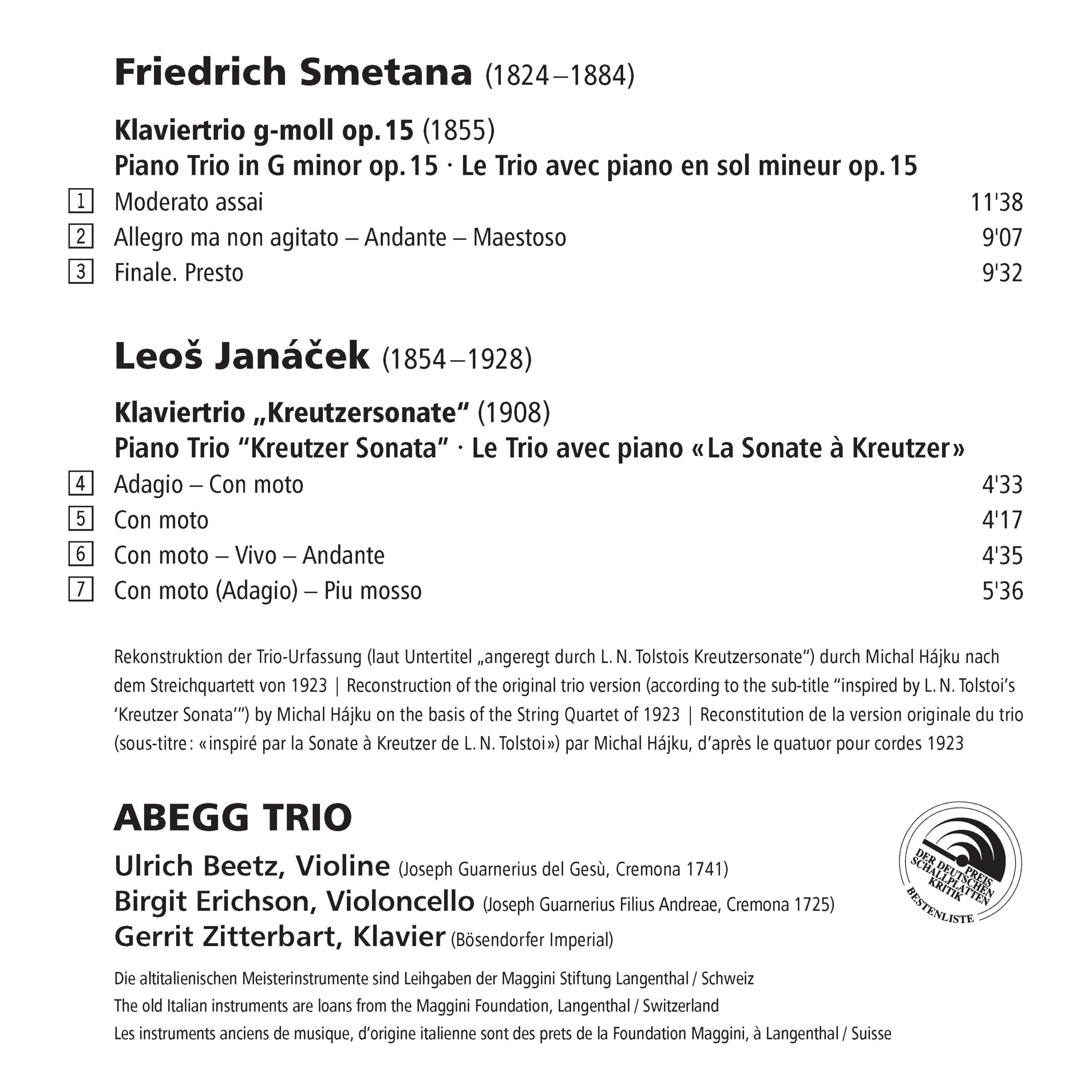


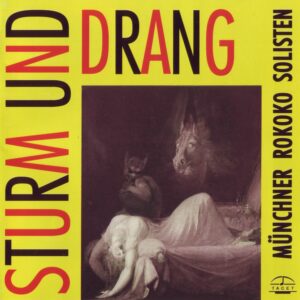

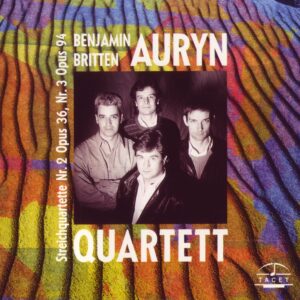
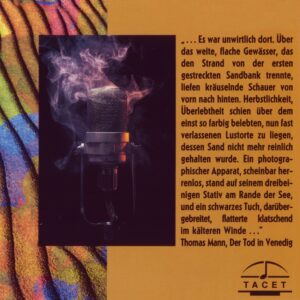
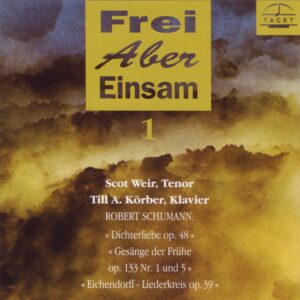
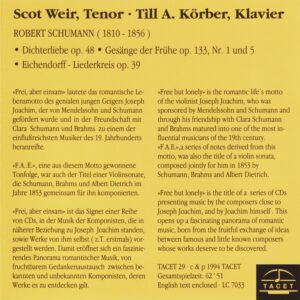
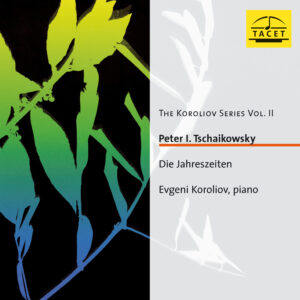
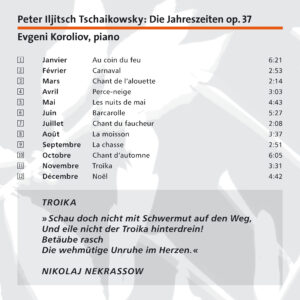

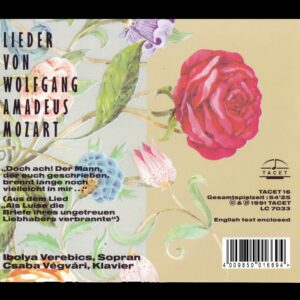
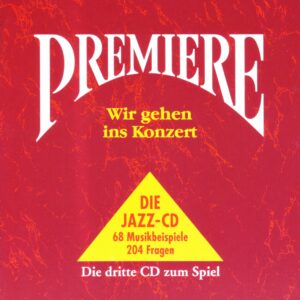
WDR, Forum der Musik –
... All the more was I moved by the devastating Piano Trio in G minor, with which Smetana once poured out his grief over the death of his four-and-a-half-year-old daughter. Rarely have I heard the Abegg Trio play with such emotional commitment—all three members have children of their own, and they perform as if personally struck by this senseless fate. The result is great art, due in no small part to violinist Ulrich Beetz, who here surpasses even himself in purity, intensity, and the achingly sweet beauty of his tone. I believe it would be hard to play this with more organic flow, inspiration, or nuance, and in the end, it is we who are left profoundly moved.
Ekkehart Kroher
Fono Forum –
One can certainly debate whether it is scholarly to reconstruct the "original version" of Janáček’s String Quartet "Kreutzer Sonata"—initially conceived as a piano trio—from the few sketches and fragments available (this is a reconstruction of the trio version based on the 1923 string quartet, undertaken by Michal Hájku). Regardless, the result is highly intriguing and well worth listening to, whether or not one has the string quartet in mind. The adventurous Abegg Trio makes this comparison possible. The piece is paired with a performance of Smetana’s autobiographically tinged Piano Trio that is both playfully and intellectually splendid.
Fono Forum –
Janáček, then nearly 70 years old, reported that his First String Quartet "fell from his pen in a glowing rush, note by note," as he composed it in just one week in the autumn of 1923. He confided to his later muse, Kamilla Stösslová, that he had "the poor, tormented woman in mind—the one the Russian writer Tolstoy wrote about in The Kreutzer Sonata." As early as 1909, Tolstoy’s dark novella—itself inspired by Beethoven’s Kreutzer Sonata—had prompted Janáček to compose a piano trio intended for a concert celebrating Tolstoy’s 80th birthday. Shortly afterward, Janáček revised the trio once more. However, both the original and revised versions have been lost, and it remains unclear when the manuscript disappeared. What is certain is that his string quartet "emerged from some ideas" of the trio. Recently discovered fragments of the trio support the theory that Janáček merely reorchestrated his Kreutzer Sonata in 1923. For this reason, the Czech musicologist Michal Hájku dared to attempt reconstructing the quartet score back into a piano trio. The result can now be examined for the first time on a CD, performed by the renowned Abegg Trio from Göttingen. The outcome is fascinating and sounds utterly convincing. This late premiere on record makes the dramatic gestures and vivid diction of the Kreutzer Sonata even more apparent than in the familiar version. The Abegg Trio’s exemplary interpretation plays a significant role in this, particularly through its wide spectrum of diverse timbres and enormous dynamic range. Pairing the work with Smetana’s Piano Trio, composed some 50 years earlier, is also a good idea, placing Smetana’s piece—whose progressiveness is still too often underestimated—in the proper light. The sound engineering is balanced and transparent. The booklet is worth reading, though the information about Hájku’s reconstruction is somewhat brief.
Peter Kerbusk
Classics Today –
It's common knowledge among Janácekians (Janácekers?) that the First String Quartet began life as a piano trio, most of which was either lost or destroyed. (...) Anyone who loves this composer will certainly want to hear it, and the Abegg Trio plays with the kind of commitment and passion that the music requires. (...) This fascinating experiment makes a fine foil to a similarly excellent performance of Smetana's strangely neglected single work in the trio medium.
The Abegg manages to differentiate the tempos and emotional nuances of the first two movements (otherwise so similar) with notable success, and the Presto finale has an athletic vigor that comes from elasticity of rhythm and supple phrasing rather than mere speed. As usual, Tacet's sonics are gorgeous. Definitely worth a listen.
David Hurwitz